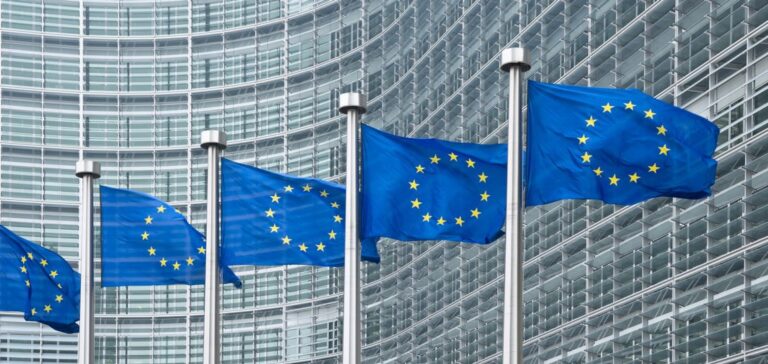Greenpeace and other environmental activists have launched legal challenges against the European Commission. In fact, it had made the decision to include natural gas and nuclear power in the green taxonomy.
This classification is a regulation defining which investments can be labeled climate friendly. As such, it is designed to guide investors to green projects that will help meet European climate goals.
A new conflict around green taxonomy
Activists argue that the EU violated its own climate laws by including gas and nuclear in the regulation. Their main argument is the greenhouse gas emissions produced by the gas power plants. In addition, they consider that this decision risks diverting investments towards fossil fuels instead of renewable energies.
Greenpeace said it had requested an internal review of the Commission’s decision to label gas and nuclear power as green. Four other environmental groups – WWF, Friends of the Earth Germany, Transport & Environment and ClientEarth – focused exclusively on gas. In addition, representatives of the five nonprofit groups stepped down as taxonomy advisors to the Commission last week.
The Commission has until February 2023 to respond to this request. If the Commission does not change the regulation, the groups have said they will take their case to the EU Court of Justice.
Natural gas at the center of the divisions
Ariadna Rodrigo, Greenpeace activist, says:
“Gas is one of the main causes of climate and economic chaos, while there is still no solution to the problem of nuclear radioactive waste and the risk of nuclear accidents is far too great to be ignored.”
The Commission had excluded gas-fired power plants from its initial taxonomy proposal. She added it later, however, in the midst of a fierce political debate among EU countries. The latter had long been at odds over whether the fuel deserved a “green” label.
Brussels said it had added “strict conditions” to the final rules for gas-fired power plants. This includes an emissions limit and a requirement to switch to low-carbon gases by 2035.
Luxembourg and Austria have also warned against including gas in the green taxonomy. They are preparing a legal challenge to the EU rules.






















